Minase Jingu: the Shrine of Emperor Godaigo
On the border of Osaka Prefecture and Kyoto is Minase Jingu. This relatively small shrine houses the remains of Emperor Go-toba, an ambitious and tragic emperor, whose failed war led to the creation of the Kamakura Government. The former site of his villa, Minase Jingu is the biggest shrine to this fallen emperor on Japan’s mainland.
Shrine Grounds
Minase Jingu is within a stone’s throw of the border of Osaka and Kyoto, located in the town of Shimamoto. To get there, take the Hankyu Kyoto Line and get off at Minase Station. The shrine is 950 meters northeast of Minase Station of Hankyu Kyoto Line.
Saigoku Kaido, connecting Kyoto and West Japan runs near the shrine. Also, Mt. Tennnozan is located nearby, which was famous as the battlefield of Toyotomi Hideyoshi and Akechi Mitsuihide.
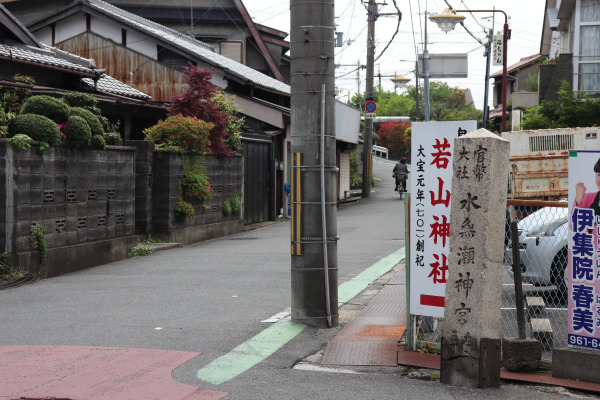
During his life, Emperor Go-toba often frequented his favorite villa Minase Rikyuu, which was just past the southernmost point of Kyoto. In 1240, a year after Go-toba’s death, the Minase clan converted the villa into a temple to enshrine Go-toba’s memory. After the Meiji Period, the temple became Minase Jingu Shrine.
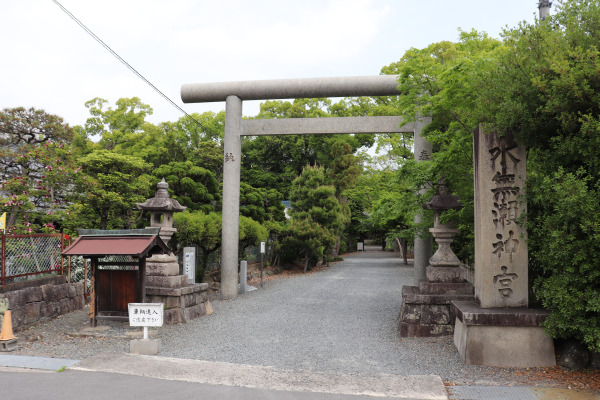
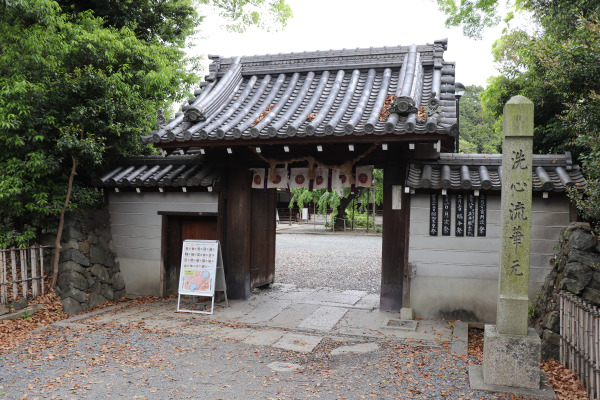
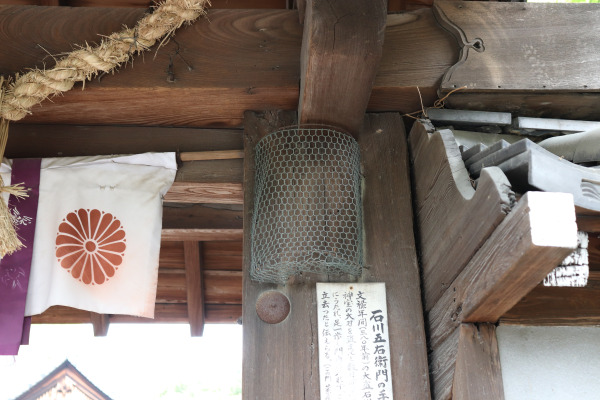
In addition to Go-toba being enshrined in Minase Jingu, his two sons who had also been sentenced to exile, Emperor Jyuntoku and Tsuchimikado, are enshrined along with their father. Since this shrine has a strong connection to Emperor Go-toba, there is an original painting of Go-toba along with Go-toba’s handwritten will inside the shrine. Both of these items are classified as national treasures.
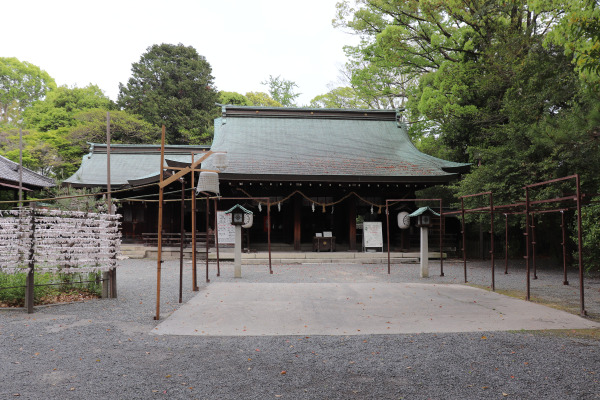
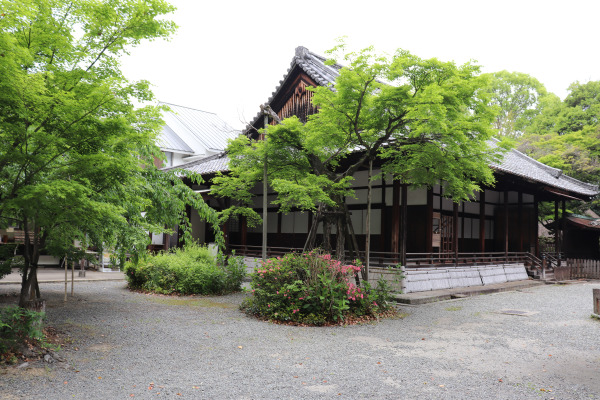
Minase’s Artesian Water
As soon as you go enter the shrine, you will notice a lot of people lining up with large containers. Minase Jingu is actually famous for its well water, which ranks among the best 100 natural water spots in Japan. You can get water for free but there is a limit of 20 liters per day per person. Also, be sure to bring your own containers or pet bottles.
From the looks of it, I think more people come to get water, than to actually visit the shrine itself…
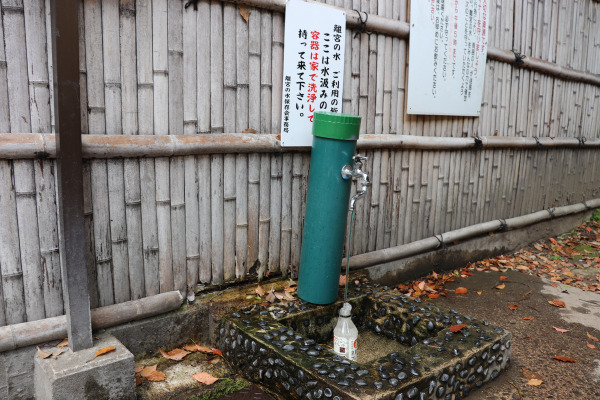
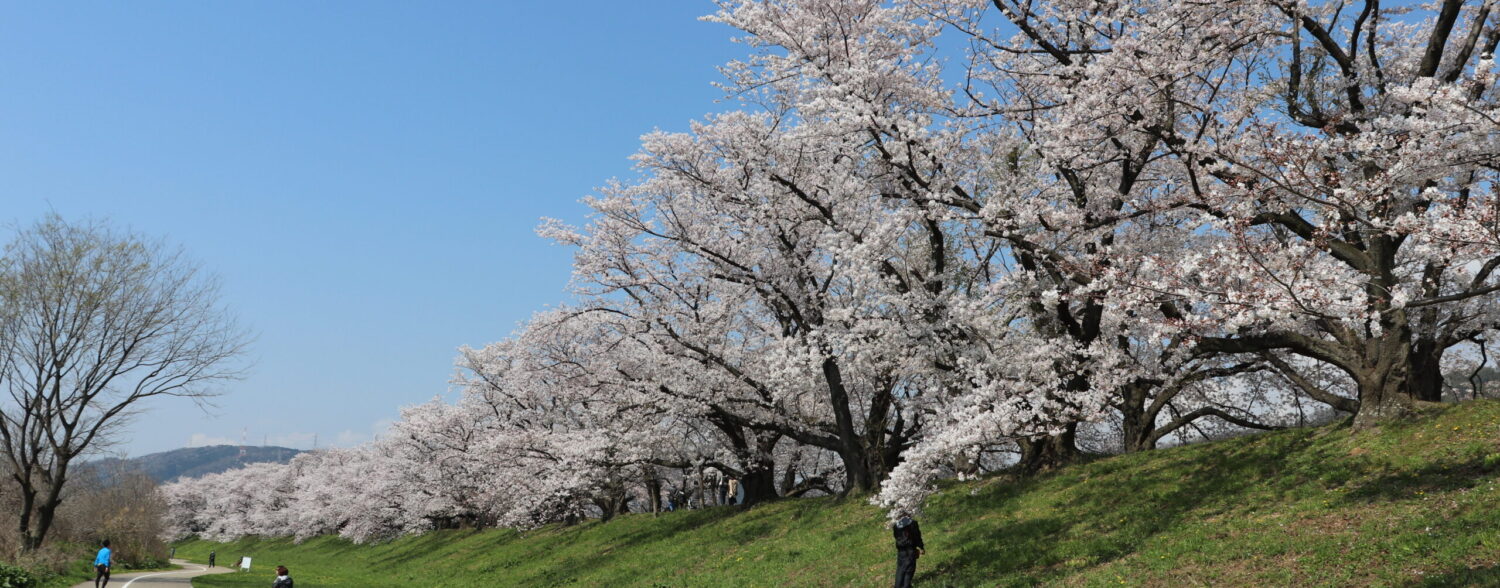
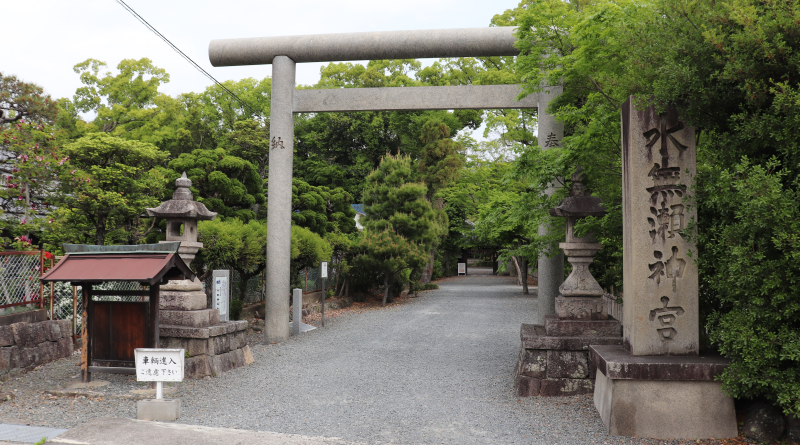
Leave a Reply